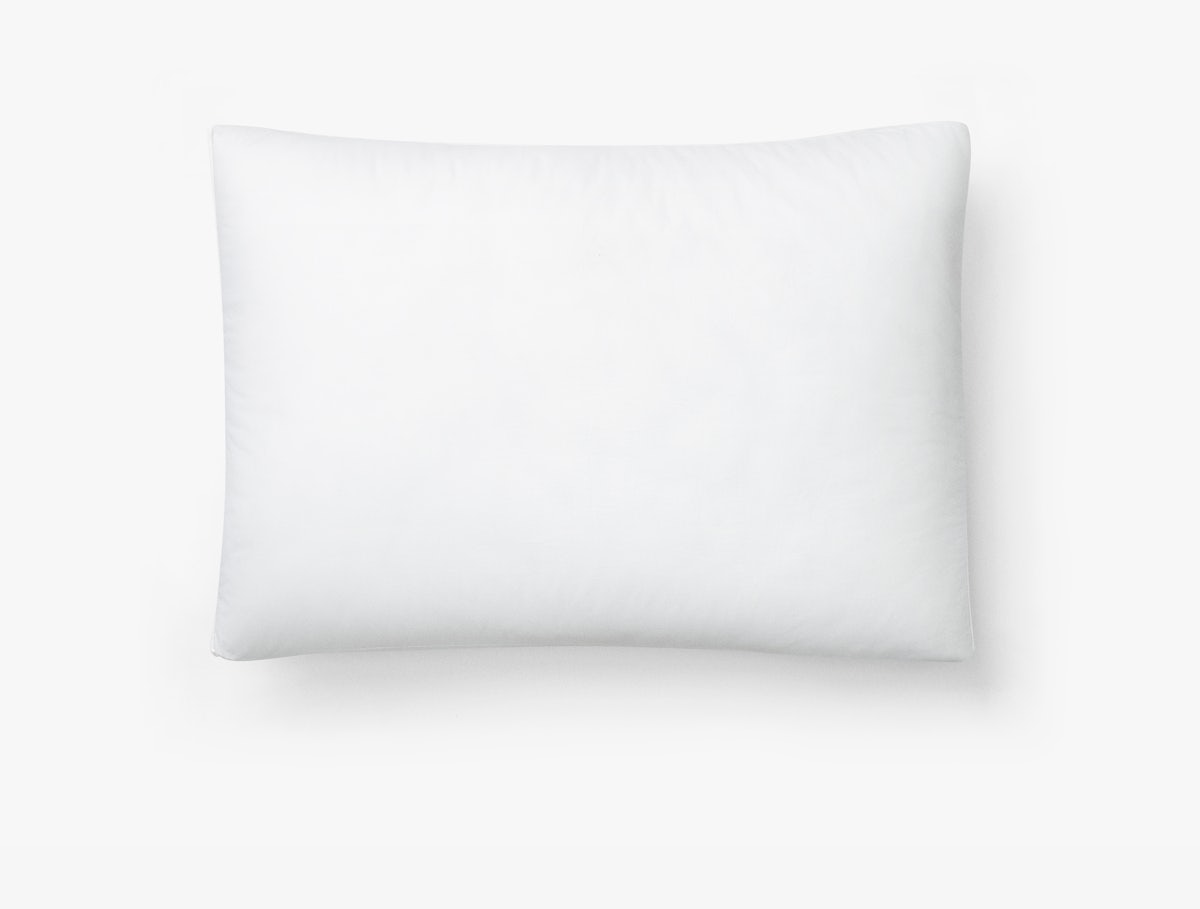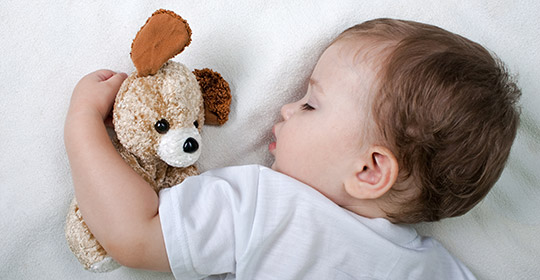How To Sleep
Sleep?
Sleeping is just sleeping right? Actually, it's a bit more complicated than that. There are a multitude of things that influence the quality and quantity of sleep you get.
Why Sleep?
Sleeping is a necessity. Without enough sleep our bodies wouldn't function the way it was intended to. It helps repair our bodies from all of the things we put it through during the day and helps lift our mood. Being deprived of sleep will increase your stress levels, ruin your mood, and endanger your health in various different ways. Lacking sleep can make you act similarly to being intoxicated, gain body fat, lose muscle mass, and mess with your productivity. Your memory will be negatively affected, organs won't function well, and immune system weakens.
Oversleeping
While sleeping too little is bad, oversleeping is actually harmful for you too. Oversleeping has been linked to cause many medical problems, such as diabetes, heart disease, obesity, depression, and so on. It also takes away precious time from your life.
Suggestions
Adults are advised to sleep between 7 to 9 hours while teens should sleep around 8 to 10 hours. Kids ages 6 to 13 should sleep about 9 to 11 hours. The amount of recommended sleep increases as the age group gets younger.
Things To Avoid
So many of our daily activities are damaging to the quality and quantity of our sleep. These are many things that we wouldn't expect to affect our sleep so much.
- Screens on electronics - These screens emit artificial light such as blue light. Our bodies usually get blue light from the sun, so when it receives blue light through your computer or phones, it's tricked into thinking it's daytime.
- Caffeine - Drinking caffeine has lasting effects on your body and should not be done too close to bedtime. (Coffee, decaf, tea, chocolate, etc.)
- Constantly changing your sleep schedule - Having a consistent sleep schedule will allow your body to get used to it and you will fall asleep and wake up easier.
- Using your bed for things other than sleep - If you only use your bed for sleeping, your mind will associate the bed with sleep and you'll fall asleep easier.
- Certain medication - Medicine can sometimes keep you awake, such as OTC decongestants that contain pseudoephedrine, a common main ingredient which is known to cause insomnia.
- Taking a hot bath right before bed - If you don't allow yourself some time to cool down afterwards, your body temperature could keep you awake.
- Overeat - Going to bed with too much food in your stomach can give you bad dreams.
- Argue - Having an argument will stress and overstimulate your mind.
- Eating spicy or fatty foods - Eating food in general can make falling asleep uncomfortable but spicy and fatty foods are even more dangerous as they are associated with acid reflux
- Drink alcohol - Alcohol can make you sleep easier, but it will reduce the quality of your sleep. It reduces the amount of REM sleep (which is important as it is the period at which your body restores itself the most) you get.
- Smoke - Nicotine can stimulate your mind and make insomnia worse. Nicotine withdrawal can also cause you to wake up earlier then usual.
- Drinking too much water - This could result in you waking up in the middle of the night to go to the restroom. You should use the restroom before bed even if you don't feel the need to in order to avoid this problem.
- Play games, watch TV, browse the internet, etc. - Anything the stimulates your mind too much will keep you awake.
- High temperature - People sleep better at cooler temperatures. Most tend to sleep best between 60 and 70 degrees.
How Sleep Works
There are actually two main components of sleeping, and understanding them could help you get better sleep.
Non-rapid eye movement (NREM) - This is the state were you don't dream. Your brain waves are slower with higher voltage, your breathing and heart rate are slow, and your blood pressure is low. This is the majority of your sleep and your body is usually quite still.
Rapid eye movement (REM) - This is when dreams occur. We usually have around 3 to 5 periods of REM a night. Your brain waves will be more rapid and low voltage, your breathing and heart rate irregular, and your body restless.
Sleeping consists of these two states completing multiple cycles. Disrupting these cycles will ruin your sleep and cause you sleepiness. These cycles last around 90 minutes each and should not be disrupted if possible.





First off, I like the idea of this blog because it applies to all of us. Everyone could benefit from it, and I myself have already utilized some of the advice. I often convince myself that I can survive on 4 or 5 hours of sleep, only to be miserable the next day. Yesterday, I slept about 10 hours, and found myself tired and groggy for the rest of the day, which is exactly what you said would happen. What particularly interests me is how using your bed for activities other than sleep can be damaging. I experience a similar effect, but in the opposite way. Whenever I try to use my bed for an activity other than sleep, I find myself almost instantly groggy and wanting to sleep.
ReplyDeleteOverall, your blog flows well and is easy to read. There are a lot of attractive pictures that help to make the information much more enticing. As for suggested improvements, all I'd like to see are more things to avoid, as I find them very interesting. I think I speak for most people in that I'd love to be able to improve my day-to-day sleeping experience.